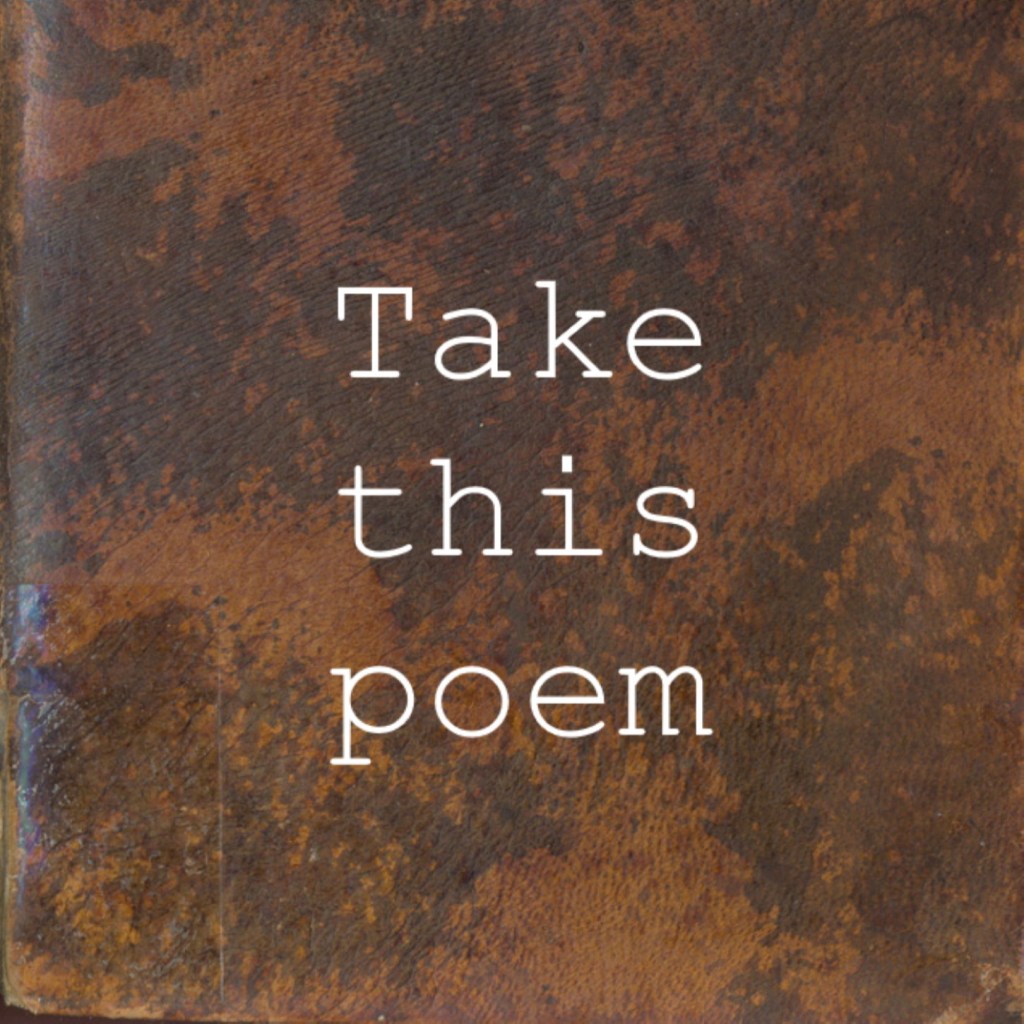
Image from here
*The word “jab” translates to “when” in English.
I recently read a beautiful poem called “The Delicate Balance” authored by Professor Raman Mittal and published at SpicyIP in 2013. It is IP history in a nutshell (and perhaps much more than that), I can say. Of course, I have read and enjoyed Prof. Basheer’s poetic posts earlier (e.g., The Wow of the Now). This time I thought of sharing my pursuits on similar lines. Though mine may not be as impressive as that of Prof. Mittal and Prof. Basheer, I admit!
So, for the last few months, I have been poring over the copyright history literature, especially looking at the official negotiation texts related to the Berne Convention, 1886, the first international copyright convention. As I understand, when IP, especially copyright, initially came, it was not meant to cover everything in terms of what is protected and how it can be used, the way it exists today.
To illustrate, during the initial sessions of the Berne Convention, the concept of public interest made its entrance through a German questionnaire which showed it as the public’s “reciprocal right” to science and education, though its English translations differ. It was regarded so important that Mr. Reichardt, representing Germany, characterized it as having a “universal interest” deserving respect from every state. However, this notion underwent a reversal, where the said “universal interest” took a backseat and the foreground was occupied by authors’ protection, intricately tied with trade implications. (See KEI’s post The Berne Convention L&Es revisions from 1886-1979 and for the Berne Convention’s official debates in English, see here.)
Given this context, a few thoughts always come to my mind regarding the essence of Intellectual Property (“IP”) — i.e., what it currently is, what it used to be, and what it might evolve into — especially in terms of governing information in the free market of ideas. Then, upon finding myself in the current state of (trade) affairs that has made IP the fulcrum of knowledge governance, I ask myself: what if IP met the Public Interest (“PI”), and if they did, how would they converse and introduce themselves?
Against this backdrop, with my anthropocentric thinking, I have essayed to present one such IP-PI conversation below. Please note that while copyright is the center of my idea, the idea seems applicable to all IPs.
So, first comes IP, asked to introduce itself:
Hey, I’m IP
Once an exception, now the norm,
I’m your creature without any thorns.
No reason to bemoan
For, I am shorn from your very own horn,
But if you mourn, ’cause I can’t be forgone,
Let me then warn,
Because I’m the hope, and you are in forlorn!
But still, if you see hope in me,
Then thee, you might not be glee.
Because you can’t snare, as I, the new norm, is here,
Yet, if you care, then beware.
Because I’m IP – once an exception now the norm!
Get your exception and bless the bygone.
Then comes PI (Public Interest) introducing itself, while responding to IP’s introduction:
Listen …
By blessing the bygone, we cannot hone.
So, you, better be an Exception and let the norm be the Norm.
For, I knitted you, I can also knot.
Don’t try to be, what you are not!
So, better to be our aide, ‘cause you are just a matter of trade.
If not public, what else were you meant to aid?
Be my partner to make knowledge enhance.
Otherwise, ‘tis good if you forget any stance.
You, IP, were an exception, be that one.
Sure, we can shape the future, hand in hand,
In this world of ideas, let’s be each other’s stand.
Me? … I am PI
Once the norm, always be the norm!
Be an exception, for, I ain’t the bygone!
Conclusion: If any?
Tellingly, this conversational poem has no conclusive endpoint, at least in my rendition. Holding a “we” for the meeting of IP and PI, the title holds the key to this. Why, one may ask. For one, the term “public” (in the public interest) includes IP holders; similarly, the IP holders (and users) collectively compose the public. Given this overlap and we have had IP for so long, speaking of IP brings an arguable case for PI to our mind, and vice versa. For the former (i.e., PI) entails the latter (i.e., IP), the latter seems to further the former, especially since the latter possesses the power of “property” which nevertheless holds a higher pedestal in our current legal consciousness. Plus, the binary of access incentives has been concretized in such a way that a conclusion of the above conversation seems even more unending. Moreover, while PI may think itself of a Norm, the term public interest aka PI with its righteous hue has itself become, as Swaraj once bemoaningly described to me as, a “random buzzword that no one pays attention to other than to tick it as being done.”
So, what’s the solution? Is it a matter of finding a balance (or a middle path)? Maybe yes, maybe no. Personally, I find the balance talk a bit bummer-ish (that leads us nowhere). But then I also wonder, what if Intellectual Property (IP) and Public Interest (PI) were to meet “Balance”? What if they asked “Balance,” how does it feel to be “balance” and what does it feel about PI-IP?
I hope, however, that while PI and IP seek to meet “Balance,” it doesn’t change its address, causing PI and IP to restart their search upon reaching Balance’s current location. Nevertheless, if I get to know how their conversation goes, I will surely share that conversation here.
Thanks to Swaraj for directing me to Prof Basheer’s and Prof Mittal’s poetry, as well as encouraging me to post this on SpicyIP.
P.s. I have made another similar attempt called “Prey of IP Fray” elsewhere.
